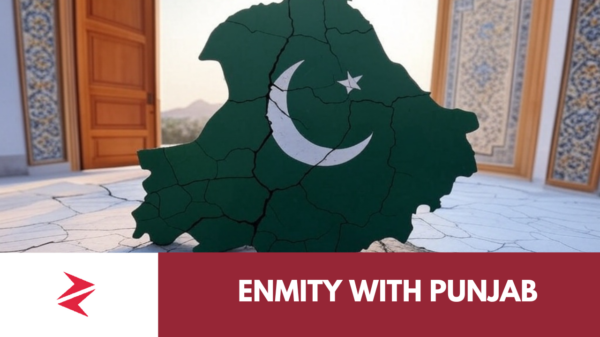In the annals of history, few figures stand as tall as Quaid-e-Azam Muhammad Ali Jinnah, the founding father of Pakistan. Beyond his leadership in securing an independent nation, Quaid-e-Azam’s exceptional qualities as a loving brother and a compassionate human being shine through. His deep affection for his sisters – Rahmat, Mariam, Shereen, and Fatima – and his brother Ahmed Ali Jinnah, along with his remarkable generosity, have left a lasting legacy of family values. Let us delve into this heartwarming account, replete with dates, quotes, and intriguing anecdotes.
A Father’s Influence and Educational Commitment
Quaid-e-Azam’s father, a man of wisdom and foresight, realized the importance of education, even for his daughters, at a time when female literacy in India was extremely rare. Determined to empower his daughters, he personally taught them English, setting the foundation for Quaid-e-Azam’s own devotion to his family.
“My father would collect me and my two sisters at night and teach us to read and write English. He was a strict disciplinarian,” Fatima Jinnah reminisced.
Quaid-e-Azam’s Last Will and Generosity
In his last will dated 30th May 1939, Quaid-e-Azam exhibited his deep love and care for his siblings. He directed the executors of his will, appointed in the first paragraph, to pay a substantial monthly allowance of Rs. 100/- (equal to Rs. 500,000 today) to each of his sisters, Rahmat, Mariam, and Shereen, throughout their lifetimes.
“My sister Rahmat Cassimbhoy Jamal shall be paid per month Rs.100/- (one hundred) during her lifetime,” Quaid-e-Azam’s will directed, revealing his commitment to their well-being.
Similarly, he expressed his affection for Mariam Abdenbhoy Peerbhoy, stating, “to pay per month Rs.100/- (one hundred) to my sister, Mariam Abdenbhoy Peerbhoy, during her lifetime.”
The will also highlighted Quaid-e-Azam’s fondness for his youngest sister, Shereen Jinnah, who opted to live in Karachi until her passing in 1980. “I direct my executors to pay per month Rs.100/- (one hundred) to my sister Shereen, during her lifetime,” he wrote.
Affection for His Brother Ahmed Ali Jinnah
Even though Ahmed Ali Jinnah passed away at a young age, Quaid-e-Azam’s love for him endured. “To pay per month Rs.100/- (One Hundred) to my brother Ahmed during his lifetime,” Quaid-e-Azam’s will stated, emphasizing his affection for his sibling.
The Source of His Generosity
Quaid-e-Azam’s financial provisions were made possible by his own wealth, as he was known to be one of the richest individuals in India. This affluence allowed him to bestow perpetual gifts to his beloved siblings, ensuring their comfort and security.
An Enduring Legacy
Quaid-e-Azam’s gesture of caring for his sisters and brother in his last will exemplifies his greatness not just as a leader but as a human being. His commitment to family values and compassionate nature continue to inspire generations.
Conclusion
In the tapestry of history, Quaid-e-Azam Muhammad Ali Jinnah’s legacy shines as a beacon of family values and generosity. His father’s influence and his own love for his sisters and brother shaped him into a man of compassion and nobility. Through his last will, he ensured that his family would be taken care of, even in his absence. The story of Quaid-e-Azam’s love for his siblings serves as a reminder of the enduring power of familial bonds and the importance of selfless acts of kindness. As we remember and honor this great leader, let us strive to emulate his remarkable qualities in our own lives, fostering love, unity, and compassion within our families and communities.
